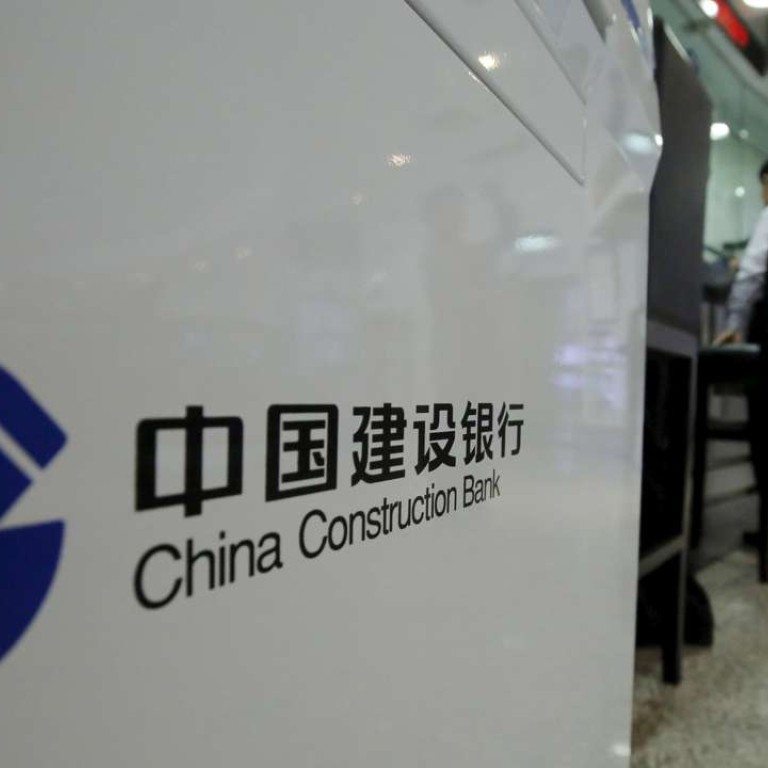
CCB way ahead of other state lenders in debt for equity swaps
Officials reiterate that such programmes are innovative financial services and do not seek assured returns
The bank, one of China’s big four state banks, however, clarified that only a small portion of the bad loans involved was its own and the rest belonged to other Chinese companies.
Based on the total amount involved, it is clear that CCB is well ahead of its peers in debt for equity swaps. The debt for equity programme was envisaged by the Chinese government to cut corporate debt by 120 trillion yuan (US$18 trillion) to preserve the country’s financial system.
In the past few months, CCB has agreed to exchange a 24 billion yuan loan taken out by Wuhan Iron &Steel Corporation into interest rate-free equities and a 10 billion yuan borrowing by Yunnan Tin Group for a stake in China’s largest producer of the metal.
ICBC, another state lender, has so far entered into debt for equity swaps worth nearly 60 billion yuan.
“The current round of swaps is different from the earlier ones (in the late 1990s). Under the new programme, CCB acts mainly as an intermediary, helping to raise external funds to buy stakes in the borrowers and replacing their existing loans. CCB just contributes a small portion of the total funds, and the loans are not necessarily extended by us,” Chen Caihong, CCB board secretary told a news briefing on Thursday.

“The current swap plan is in essence a financial service provided by us and that is what makes it different from earlier swaps,”Chen said. “We are very selective about borrowers. We only choose companies with good outlooks. We don’t provide such services for zombie firms.”
A close look at the disclosed debt-for-equity swap agreements signed by CCB shows that nearly all of them are State-owned coal, steel and metal companies and from sectors that are facing overcapacity issues. The specific clauses of the debt-equity swaps have not been disclosed and it is still not clear who are the third-party investors involved in such deals.
Chen parried questions on third-party investors and as to whether CCB’s on or off-balance sheet wealth-management products have participated in such programmes.
Responding to queries that such deals contains clauses that require assured returns, thus deviating from the state’s original purpose of cutting corporate leverage, Sun Jianzheng, general manager of CCB’s equity and investment management department, said the lender has not made any such requirements. “It is real equity,” he said.
In December, the bank also announced a plan to invest 12 billion yuan for setting up a wholly-owned asset management company to deal with such swaps. China’s commercial bank laws prevent banks from directly owning stakes in non-financial companies, which compels them to float such units. Other major state-owned banks are also planning to establish such units.

